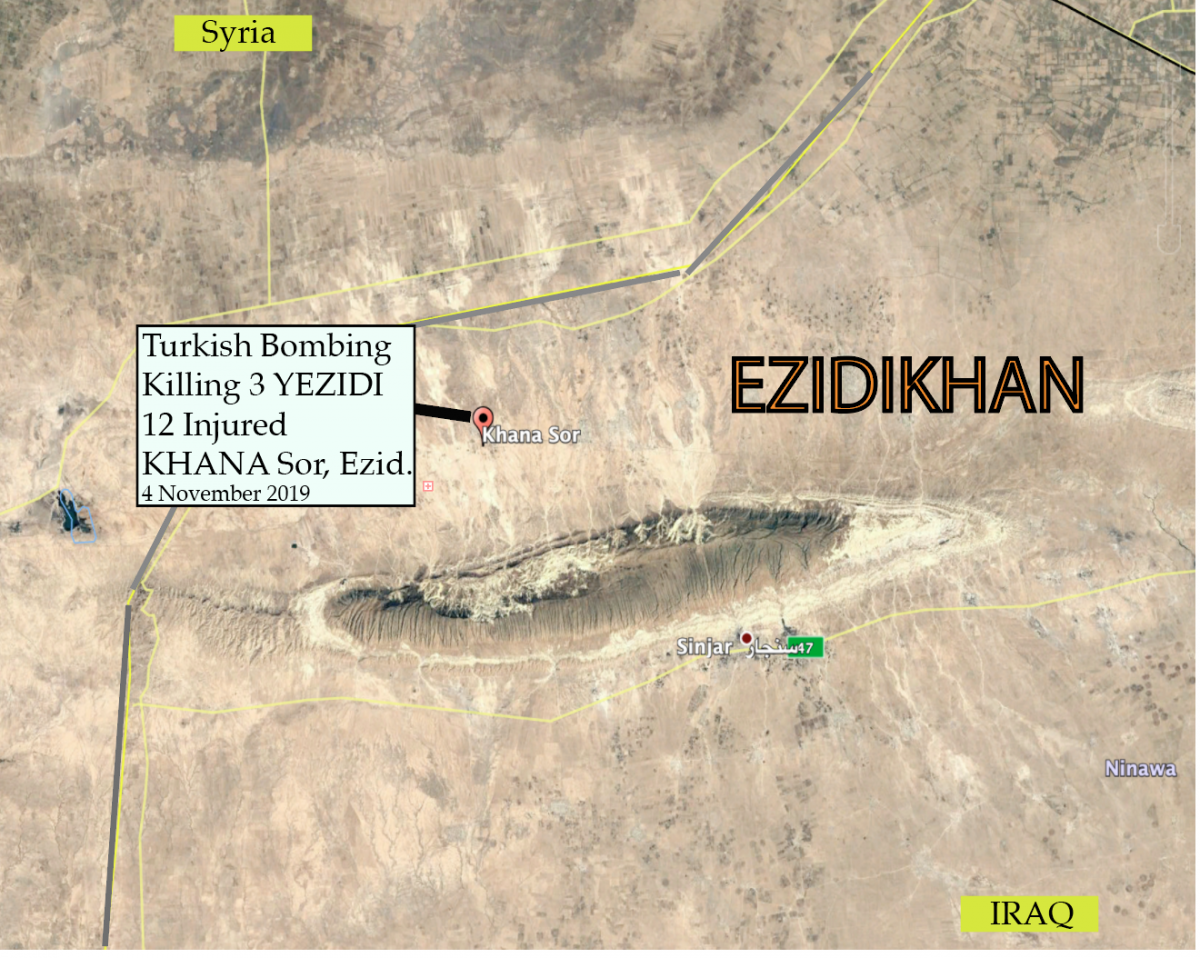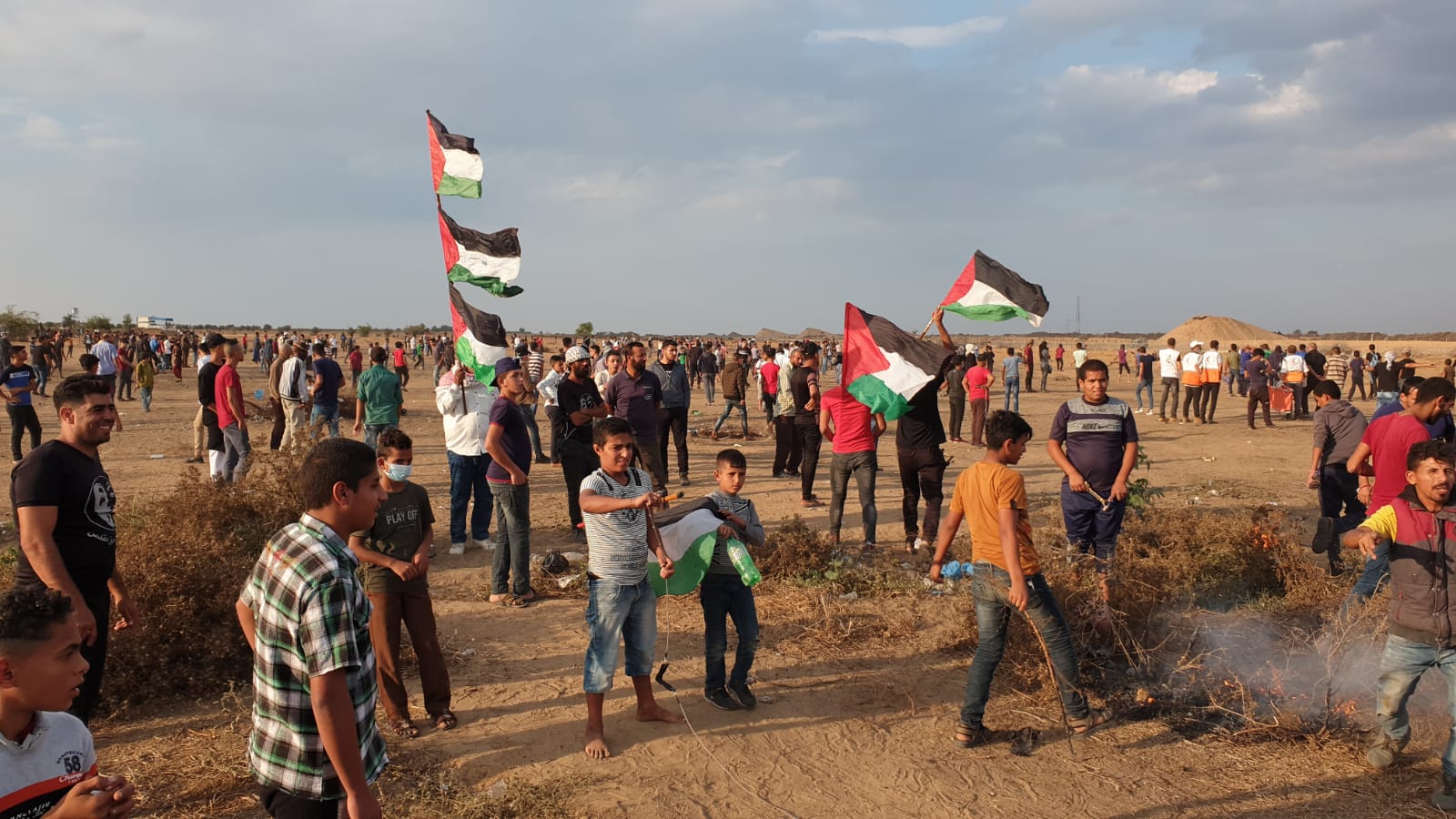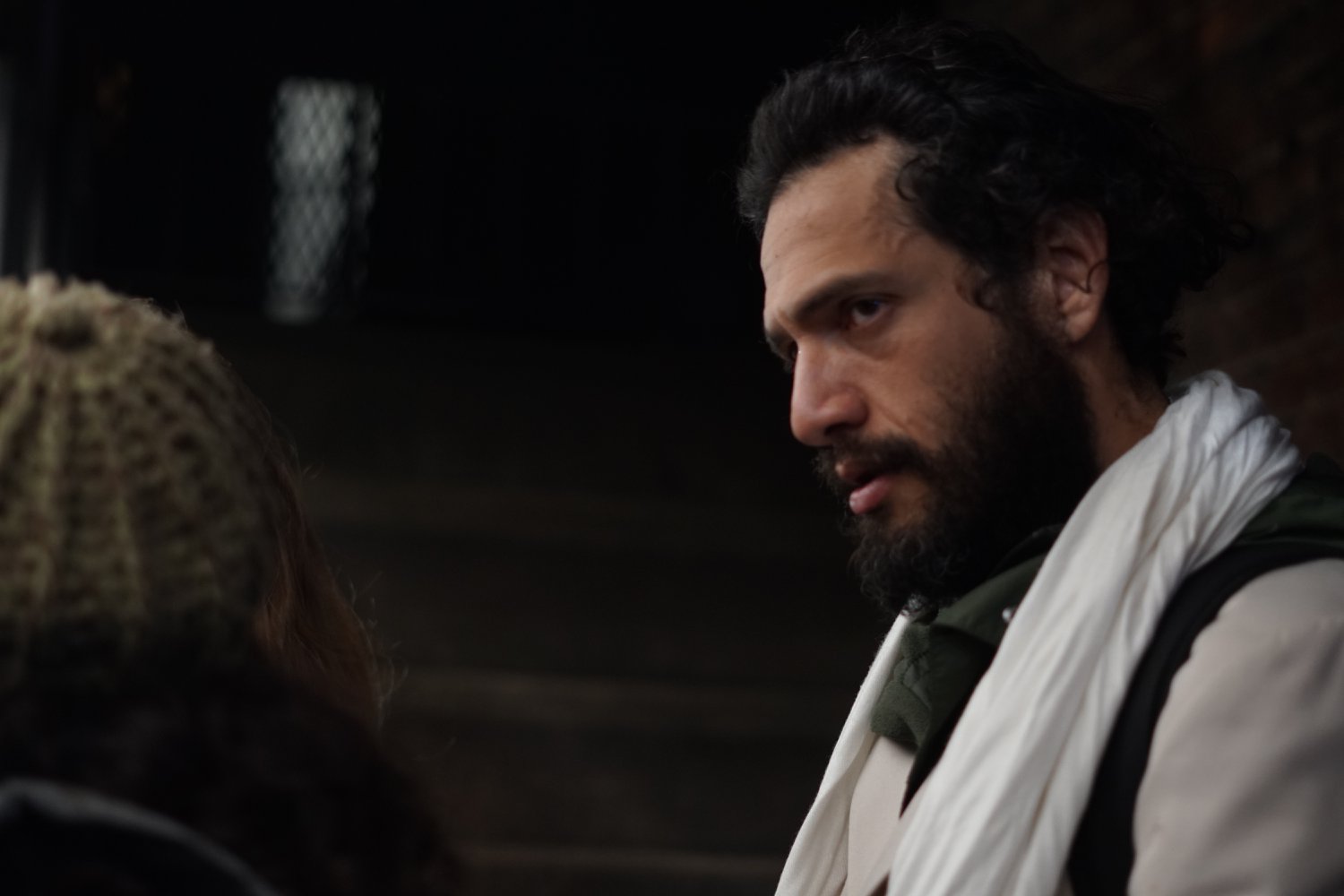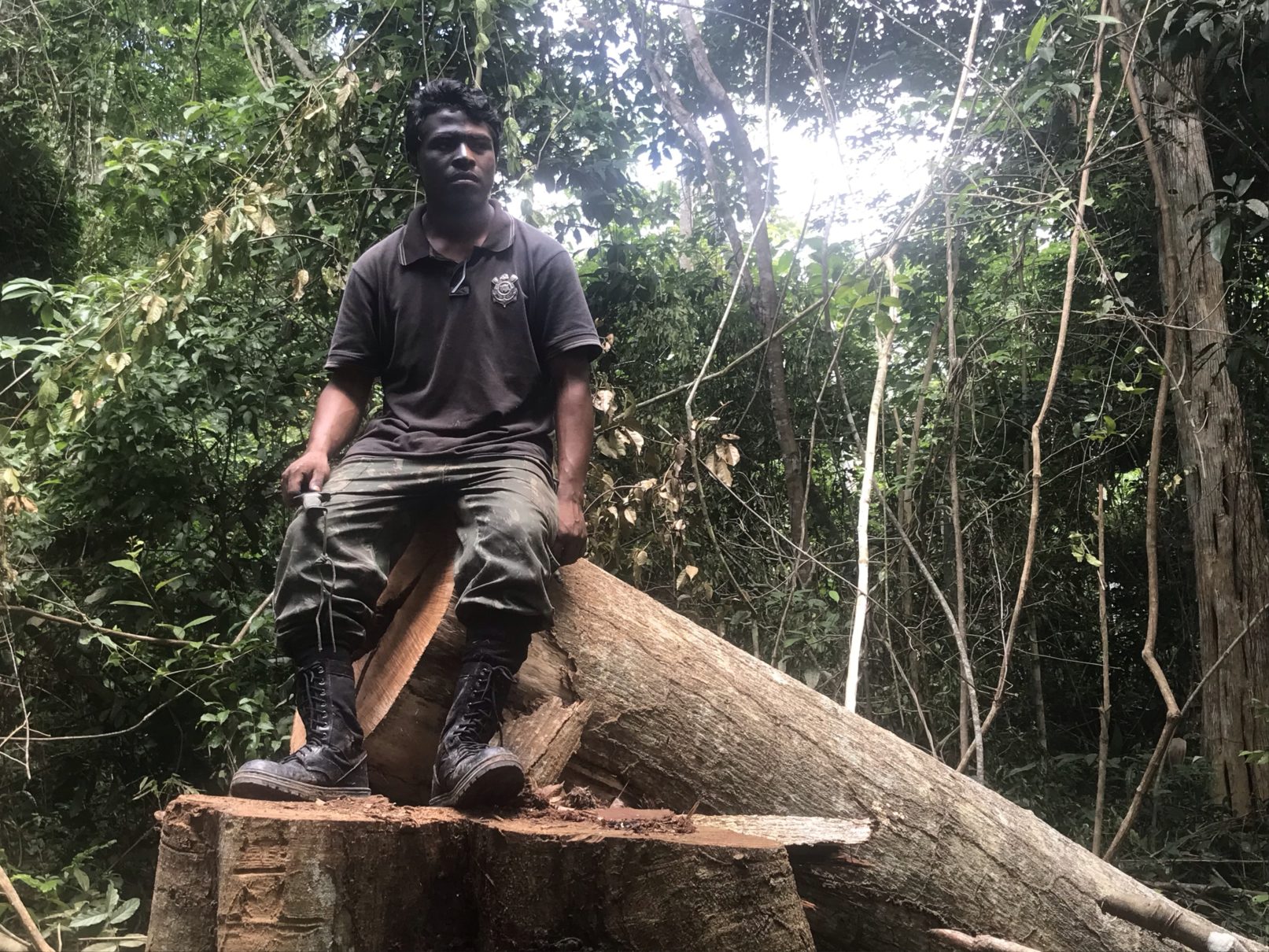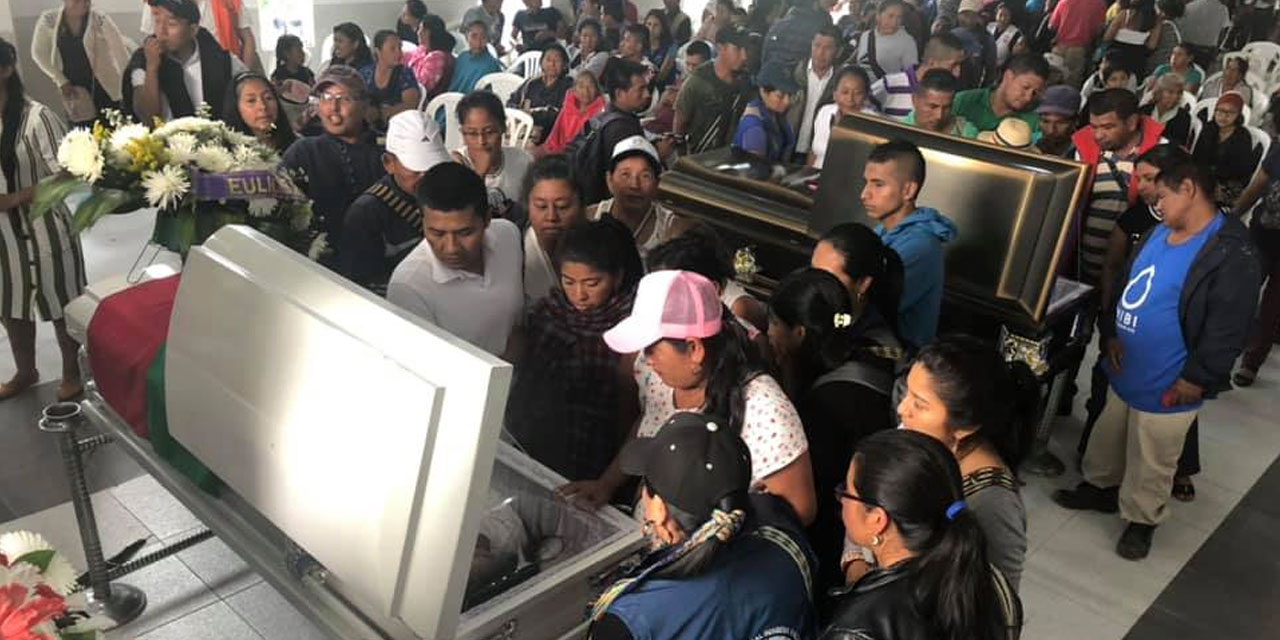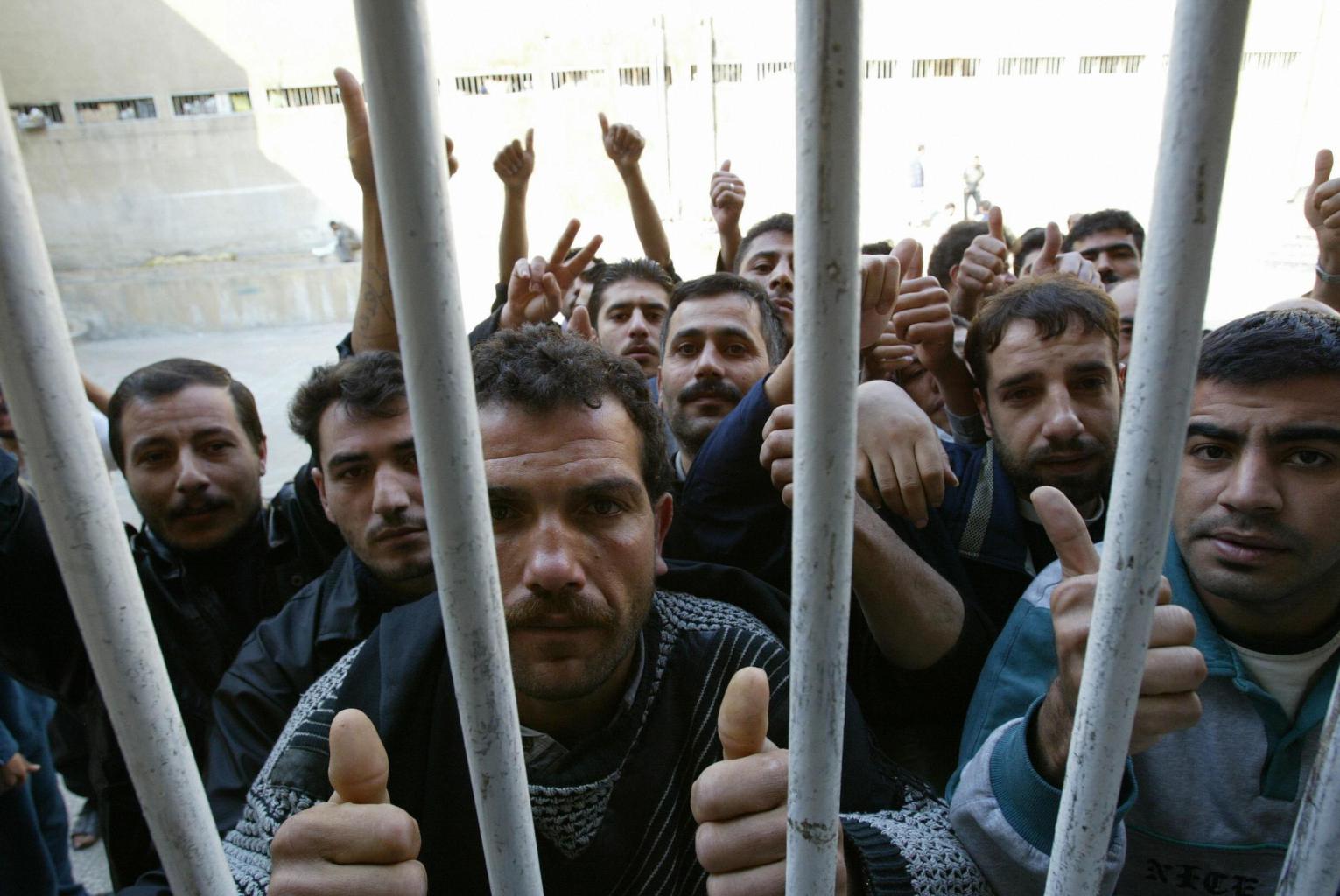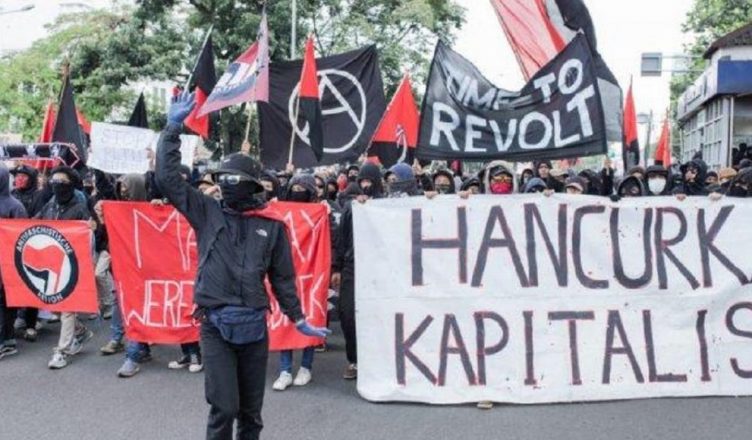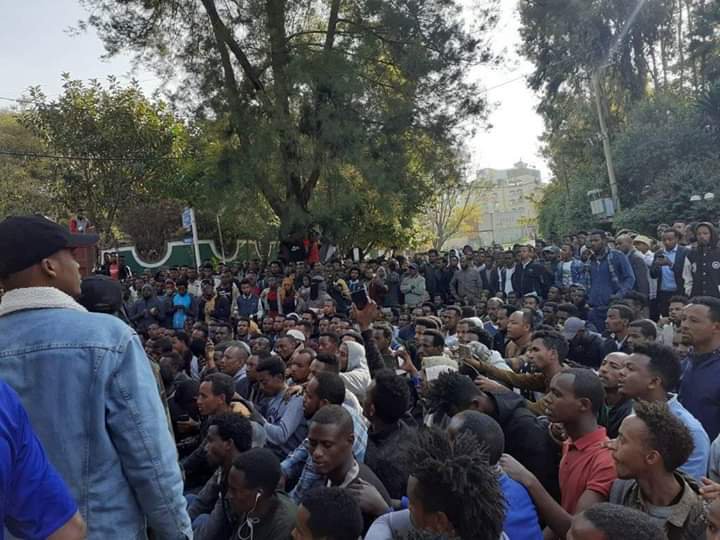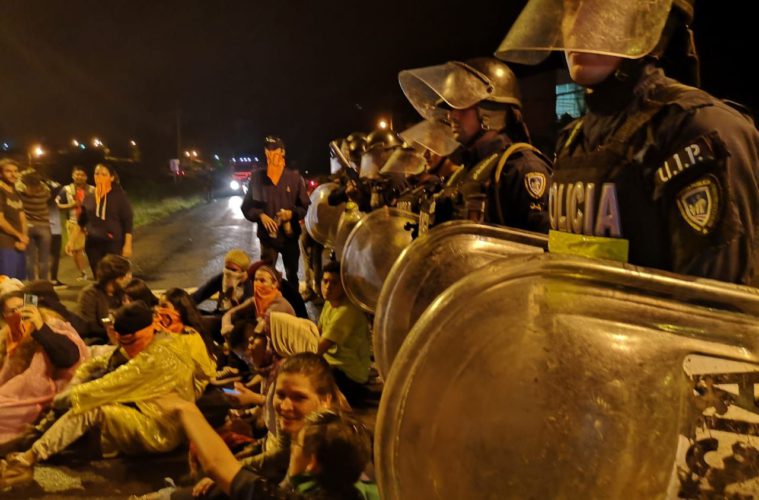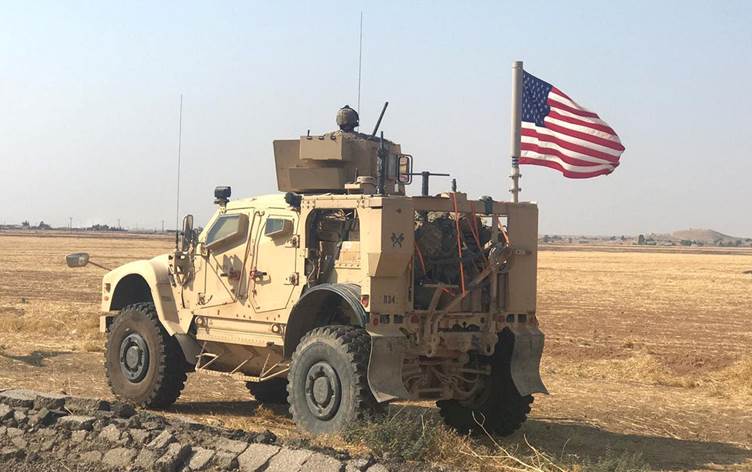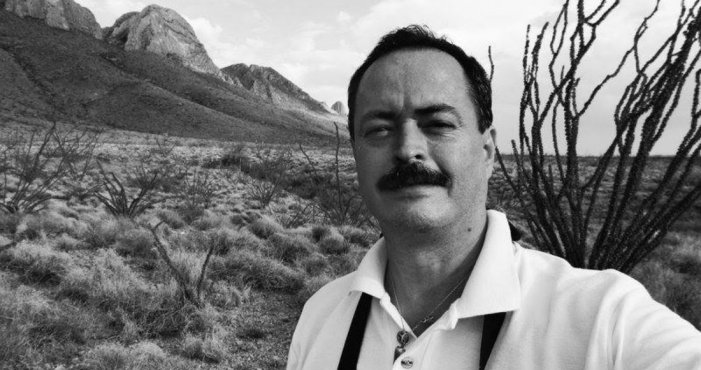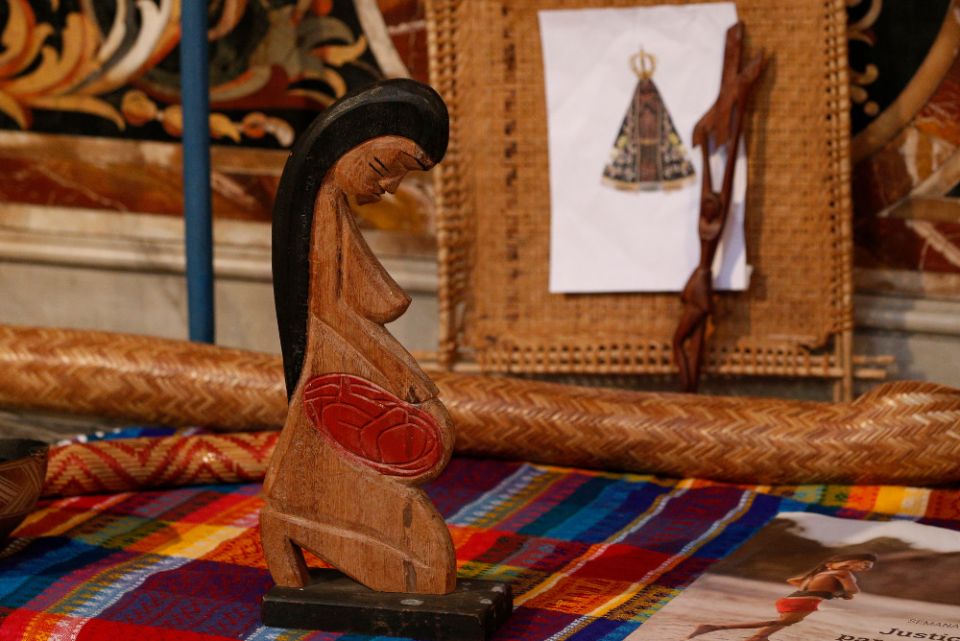
‘Dubia Cardinal’ rages against Pachamama
Cardinal Walter Brandmüller, one of the two remaining “dubia cardinals” who dissented from a perceived liberal tilt in the Catholic Church, praised the men who stole the controversial “Pachamama statues” from a church in Rome during last month’s Amazon Synod and threw them into the Tiber River. The German cardinal hailed the perpetrators as “courageous prophets of today.” The statues, representing the Earth Mother deity of many traditional peoples in South America, had been used in events and rituals during the Amazon Synod, which brought together 185 bishops from across the Amazon Basin. The Synod was also attended by indigenous leaders, and issued a final statement stressing the threat of climate change and the need for a concept of “ecological sin.” (Photo: National Catholic Reporter)



